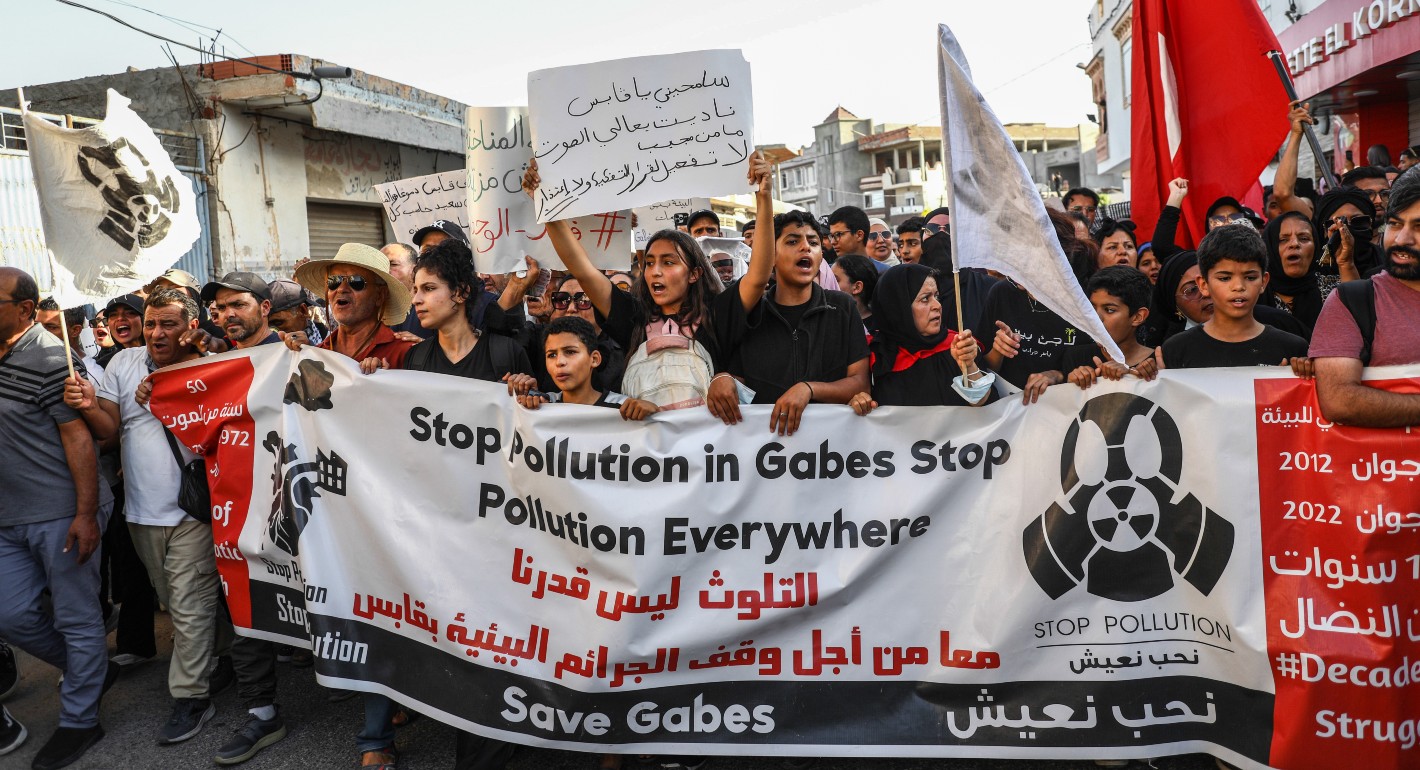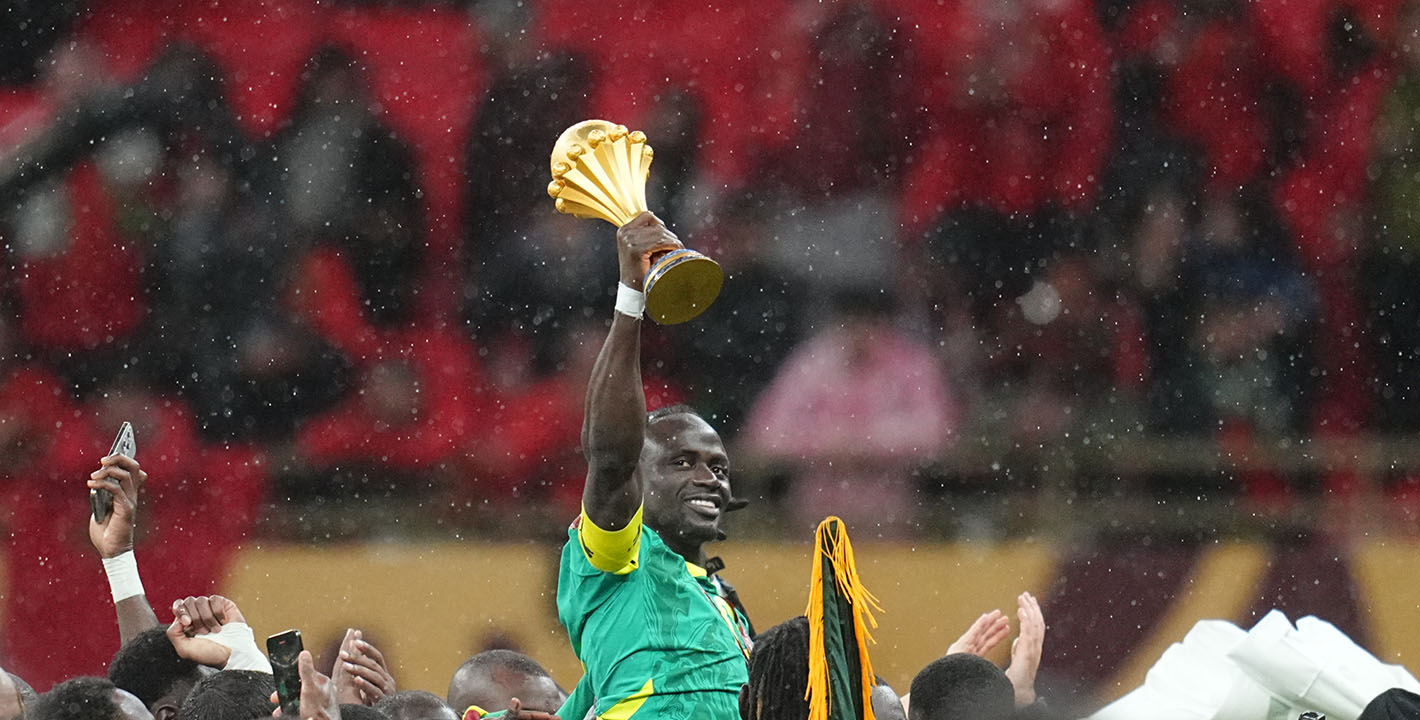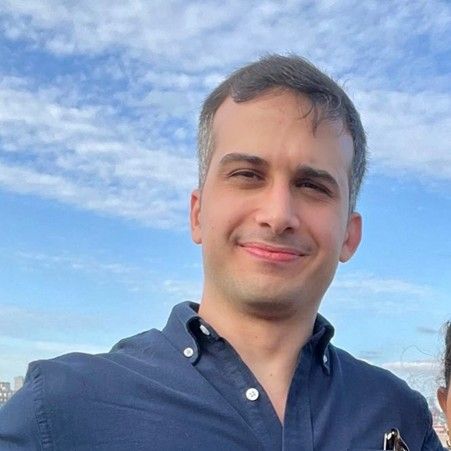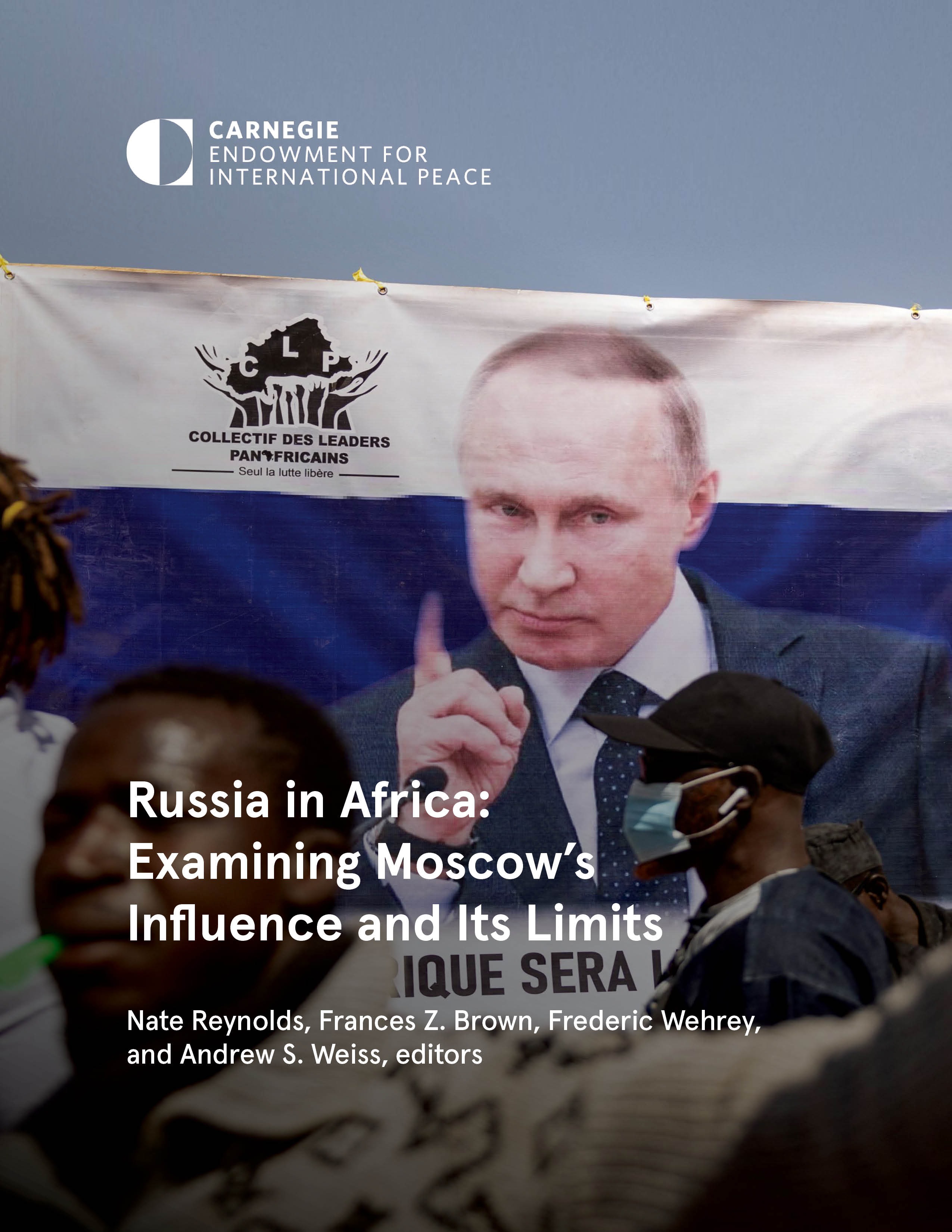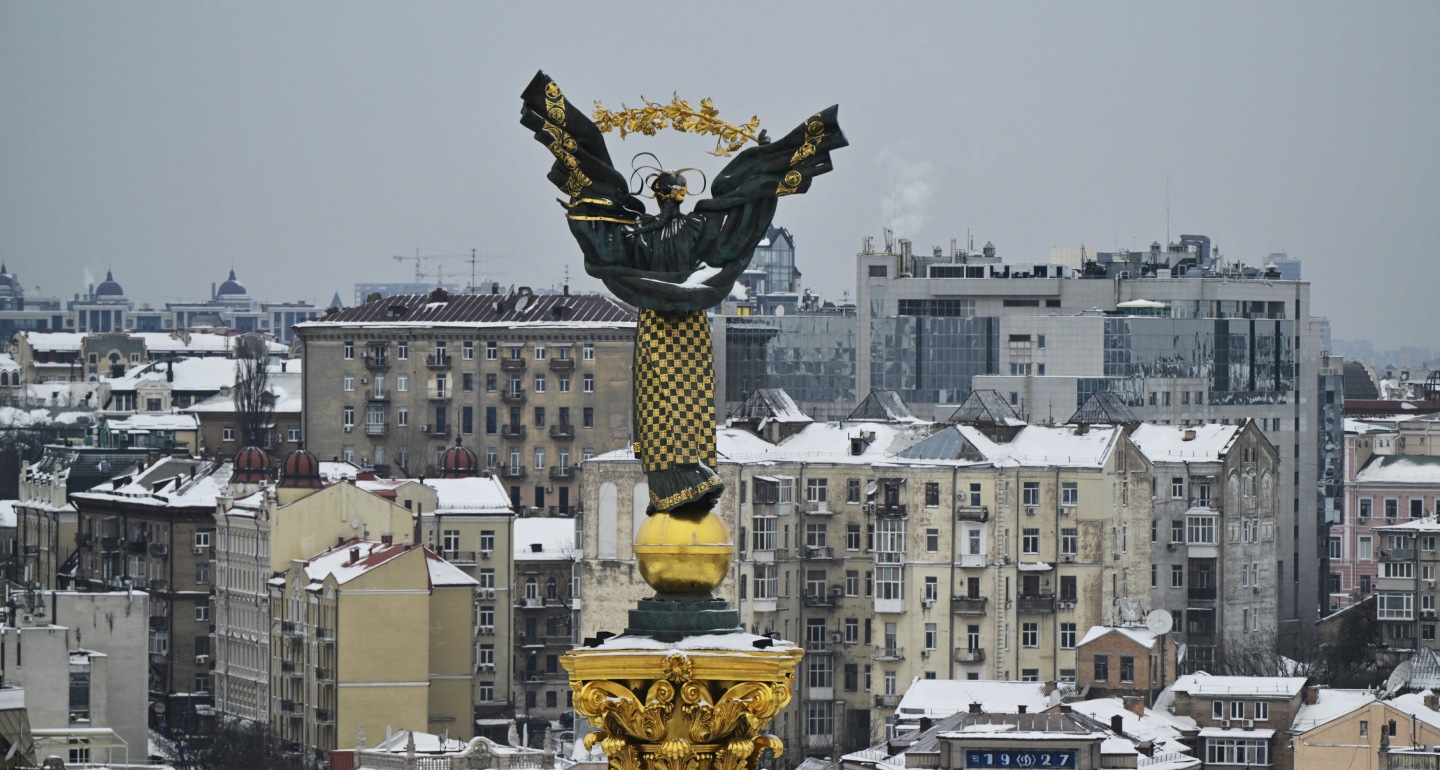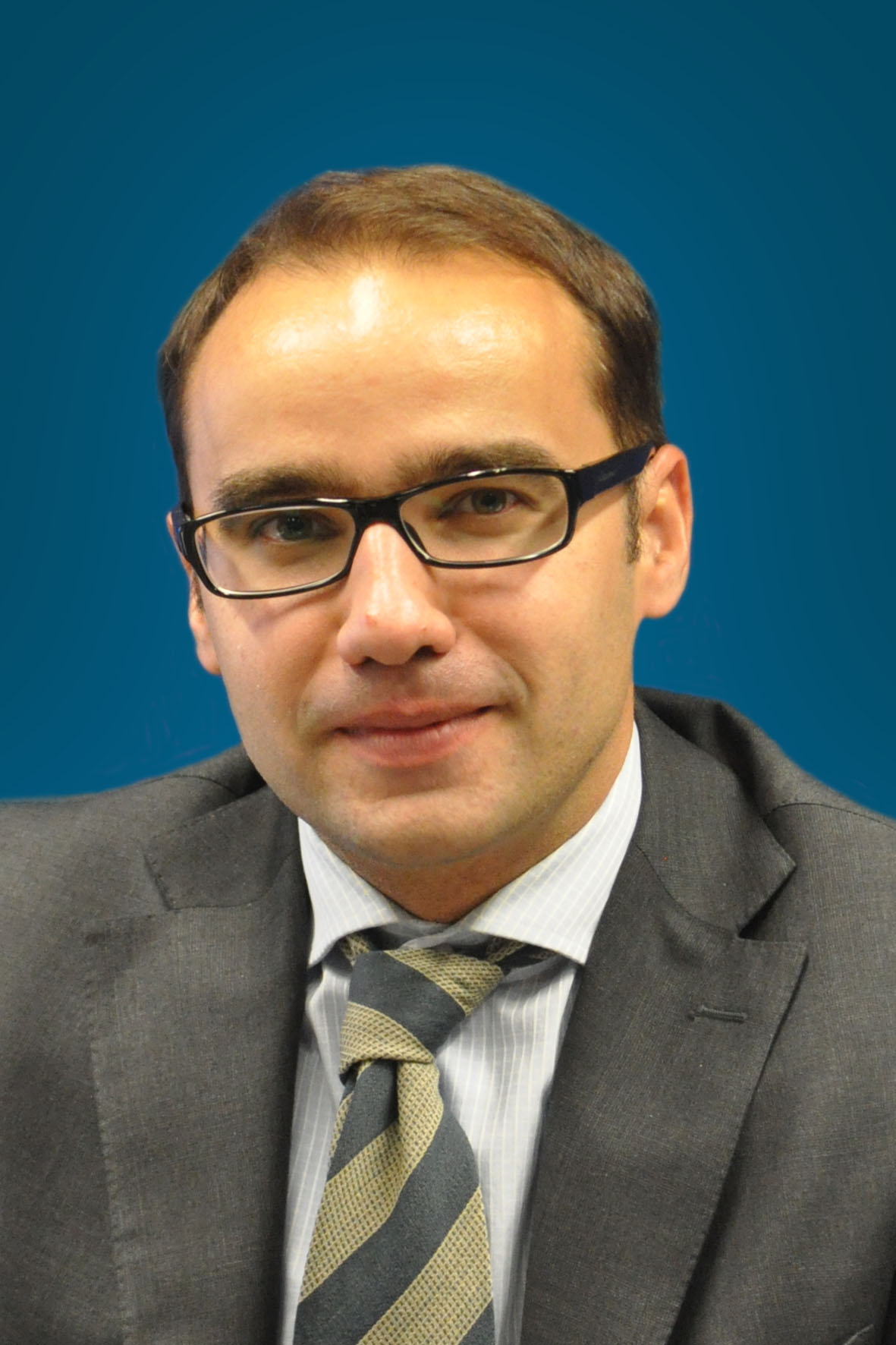Marina Ottaway, Omar Hossino
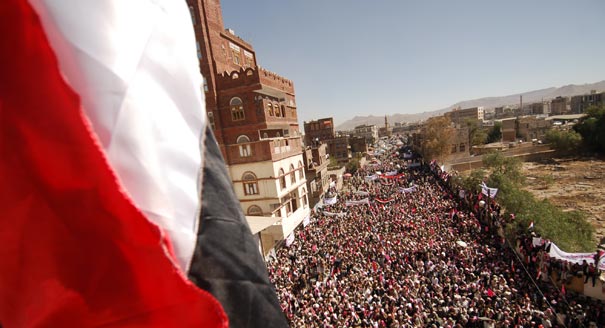
Source: Getty
Tunisia: The Revolution is Over, Can Reform Continue?
As factions compete to form a new political system in Tunisia, it remains unclear whether the country will succeed in implementing long-term reform or stagnate in a political limbo.
The revolution is over in Tunisia and most of its citizens want it to be this way, according to conversations and interviews during a recent trip to the country. Protests, if they take place at all, are becoming increasingly marginal—small groups carrying signs and shouting slogans on the Avenue Bourguiba, the scene of the mass protests that brought down President Zine el-Abidine Ben Ali, receive hardly a glance from passersby going about their normal lives.
The answer to the question is not a foregone conclusion. Tensions and divisions among political forces that are immediately apparent to a visitor may well put a brake on the reform process. The chasm that separates Islamist organizations from the rest is at the center of the tension. There is real fear of Islamist domination in Tunisia, particularly by the segment of the urban population long accustomed to a free lifestyle where religion is a private choice. But there is also real fear on the part of the Islamist organizations about something rather nebulously called the “left,” a term that seems to denote most organizations from the moderate center-right to the extreme left. To make matters worse, both sides appear paranoid in their fears, setting forth arguments that appear irrational to an outside observer.
The Problem of Islam
The image of Tunisia as a secular country, however, is at odds with the reality on the ground, even in the cities. While face veils are extremely rare, the wearing of the headscarf is ubiquitous—this writer’s unscientific estimate is that over 50 percent of women cover their heads, even in downtown Tunis—and many women wear the chador. Not all women who wear the headscarf are Islamists who would easily give up the freedom they enjoy and accept the implementation of sharia without complaint, but it is clear that the country is culturally and socially divided. Like Turkey, it was secular in the past only because that was the choice of the ruling elite, not of the entire population.
The division was of relatively little importance as long as the country was ruled from the top and social divisions did not translate into a political power contestation. Bourguiba’s de facto single-party policy kept Islam from becoming a political factor even as an Islamist revival started unfolding in the Arab world during the 1970s. Attempts to launch an Islamist party started in 1981 with no success. When the first multi-party elections were held in 1989, two years after Ben Ali’s rise to power, an Islamist party again tried to register under the name Hizb en-Nahda, or Renaissance Party. Denied recognition, it nevertheless managed to win about 17 percent of the vote by fielding independent candidates’ lists. This placed the unregistered party in second place after the ruling Constitutional Democratic Rally (RCD) party. One can only speculate how many votes Islamists might have received in truly free elections and as a legally registered political party. The true electoral strength of en-Nahda was never tested because Ben Ali did not take any chances, but banned the Islamist organization, imprisoning its leaders or forcing them into exile.
With the uprising and the overthrow of Ben Ali, en-Nahda has reemerged as a legal organization, its leaders have returned from exile, and Islam has become the central political problem that can derail the transition. Because the party was banned for two decades, it is impossible to predict its strength and this creates a real fear of the unknown among secular Tunisians. And because fears are so high, nobody appears interested in a rational assessment of what the party represents—whether it is a moderate party in the mold of the Party for Justice and Development in Morocco (PJD) or the Justice and Development Party (AKP) in Turkey, or a radical organization that would drag Tunisia back into the Middle Ages. Moderate statements by en-Nahda leaders are immediately dismissed by secular organizations on the ground that en-Nahda is double-faced, with one discourse for the larger public and a second, very different one, for its followers.
Estimates of the party’s strength range from 20-25 percent—the most frequent estimates—to as high as 40 percent; this writer has heard no predictions that it would win an absolute majority of the vote. No matter whether the estimates are high or low, they do not appear to be based on any concrete data. Even people who profess certainty that the party will not win more than 20 percent of the vote seem to fear that it would somehow dominate politics.
So what is en-Nahda today? Its leaders stress its moderation and point to the writings of Rachid Ghannouchi, one of its founders and major theoreticians, arguing for the compatibility of Islam and democracy and embracing pluralism and non-violence. Exiled under Ben Ali, Ghannouchi is now back in Tunisia to the consternation of en-Nahda’s opponents. He remains an extremely controversial figure: a poll conducted by the International Republican Institute in May 2011 shows that 44 percent of Tunisians approve of him and 37 percent disapprove—the highest percentage of both approvals and disapprovals received by any other Tunisian politician the pollsters asked about.
En-Nahda’s opponents paint a very different picture. They argue that nothing that en-Nahda leaders say or write can be trusted, because the organization is insincere. They argue that their message to supporters is quite different from their official position—they state, for example, that party leaders openly endorse polygamy and declare jobs should be given to men, not to women. Secular feminists in particular appear convinced that en-Nahda would rush to reverse advances in the status of women made half a century ago. The suggestion that there are fierce defenders of women’s rights in the leadership of en-Nahda—as this writer experienced—is dismissed with the usual argument that the organization is double-faced.
The Problem of the Left
The council is now playing a central role in devising the process that will lead from the present situation of ad-hoc arrangements and institutions set up after the fall of Ben Ali to a new legitimate political system. It has written the election law, formed the new election commission, and may enact other measures before the elections are carried out and new institutions are put in place. By withdrawing from the council, en-Nahda has put itself on the margins of the unfolding transition process and may suffer politically as a result.
What made the High Council illegitimate in the eyes of en-Nahda are the decisions it took, together with the cabinet, to postpone elections from July to October and the council’s composition. The June 8 announcement to postpone elections was a technical decision with substantial political implications. Although July 24 had been chosen as the election date as early as February 25, preparations for the elections were not started, in part because the election commission itself was established late. By early June, it had become clear that election preparations could not be completed in time to meet the original deadline and that a postponement was needed.
While technically justified—indeed inevitable—the decision to postpone elections was not politically neutral. En-Nahda is considered to be the best-organized political party and thus the one that would gain the most from early elections—among “civil” parties, only the centrist Democratic Progressive Party (PDP) declares itself ready for elections at any time. Inevitably the decision to delay elections was seen by en-Nahda as a move directed against itself. The postponement, furthermore, heightened en-Nadha’s conviction that the council’s composition had been deliberately slanted in favor of the left because of the presence of many so-called independent personalities chosen to ensure that en-Nahda would always be outvoted. Indeed, some en-Nahda officials even worry, argues Ben Ayed, that the left could take advantage of its dominant position in the High Council to postpone elections indefinitely, fearing that the results would favor en-Nahda.
While the worry of an indefinite postponement seems unfounded, there is no doubt that many voices are now calling for the elections to be delayed until a new constitution has been enacted. The present plan calls for the elections in October of a constituent assembly that will write a new constitution—and those fearful of en-Nahda domination see this process as opening the door to an Islamist constitution.
The High Council: An Outsider’s View
The committee formed in January included the UGTT (Union Générale Tunisienne du Travail), the official, government-controlled labor union that was trying to recast itself as a supporter of the uprising; the lawyers’ syndicate; the Ligue des Droits de l’Homme, a human rights organization with a reputation for independence; and the Front of January 14 (which included parties on the extreme left). Their committee demanded oversight over all actions of the government, including the right to approve the decrees the government was issuing in the absence of the parliament, as well as to vet all ministerial, ambassadorial, and other high-level appointments. A positive response to those demands would have put all power in the hands of a self-appointed committee that could not claim to represent the country.
Prime Minister Ghannouchi had a very different idea for how the transition would unfold—this is what the committee for the protection of the revolution objected to. Immediately after Ben Ali’s ouster, he formed a commission of experts, under his own supervision, to prepare the transition. If the committee to protect the revolution represented the left, the commission set up by Ghannouchi represented the liberal establishment, a collection of well-educated lawyers and professors who believed in a carefully controlled process of transformation that would simultaneously put an end to the dangerous uncertainty created by the uprising and move Tunisia in the direction of a liberal democracy.
Ghannouchi never succeeded in reconciling his view of the transition with those of the protesters and was eventually forced to resign. Essebsi, who succeeded him on February 27, understood the political impossibility of a transition process controlled by a small number of experts, but did not want to give in to the demands of the equally unrepresentative committee for the protection of the revolution. The compromise was the formation of the High Council for the Realisation of the Goals of the Revolution, Political Reforms, and Democratic Transition, which broadened participation in defining the transition process but also diluted the demands set forth by the first committee for the defense of the revolution.
Portraying the High Council as dominated by the left, as en-Nahda has done, is thus highly inaccurate. At the same time, en-Nahda’s frustration is understandable. Like all other parties, it has three seats on the council and, although there are some other Islamists on the council, there is no doubt that the organization is dominated by secular elements.
Moving Forward
Unless, that is, the palpable tensions between Islamists and other organizations derail the process. And in this respect Tunisia has entered a dangerous phase that will last even in the best-case scenario until elections are held and the balance of forces in the country becomes clearer. Only at that point can Tunisia exit the present revolutionary stage, where the major concern of all political forces is power, and enter the period of reform when political actors can refocus on addressing the country’s problems.
For that reason, it is important that the election date, now October 23, be respected. International organizations can contribute to this by supporting the election commission and helping it to establish a series of deadlines to ensure that preparations stay on target and will be completed on time. They can also help by not trying to impose overly demanding standards of electoral good practices on the country, providing excuses for another postponement. Respecting the deadline will guarantee the legitimacy of the election better than a flawless process.
For the elections to be held on time, all parties need to accept the uncertainty of democracy and stop trying to obtain guarantees beforehand that their major concerns will be met. The adoption of a “Republican Pact” that endorses basic democratic principles to which all parties pledge to adhere was a positive step, even though the pact will be unenforceable if any party wins by an overwhelming majority.
What is dangerous, on the other hand, are attempts by some groups to settle important issues before elections take place. Some, although a minority so far, are questioning the transition process, namely the elections of a constituent assembly, fearing that it will be dominated by en-Nahda. They call instead for the writing of the constitution—unclear by whom—before any elections are held. A group of “independent” personalities (in reality many of them are close to en-Nahda) issued its own demands on July 10 that swing in the opposite direction. The group called not only for constituent assembly elections not to be postponed again, but also for a timetable to be adopted for holding parliamentary and legislative elections under the new constitution before July 25, 2012—this means in effect that Tunisia would have to adopt a new constitution in a few months, leaving no time for discussion and for forging a consensus on basic issues. Without it, the constitution will not last or will be ignored.
The biggest problem, however, is the reciprocal suspicion that leads en-Nahda to be paranoid about the left and secular organizations to be paranoid about en-Nahda. Overcoming such distrust will not be achieved by talk, but by holding elections so that the country can move on from endless speculation about the relative strength of political organizations to the job of governing and implementing a real process of reform. Tunisia needs to transition from revolution with all of its uncertainties and fears to long-term reform—or it will face new instability no matter which parties are in the government.
About the Author
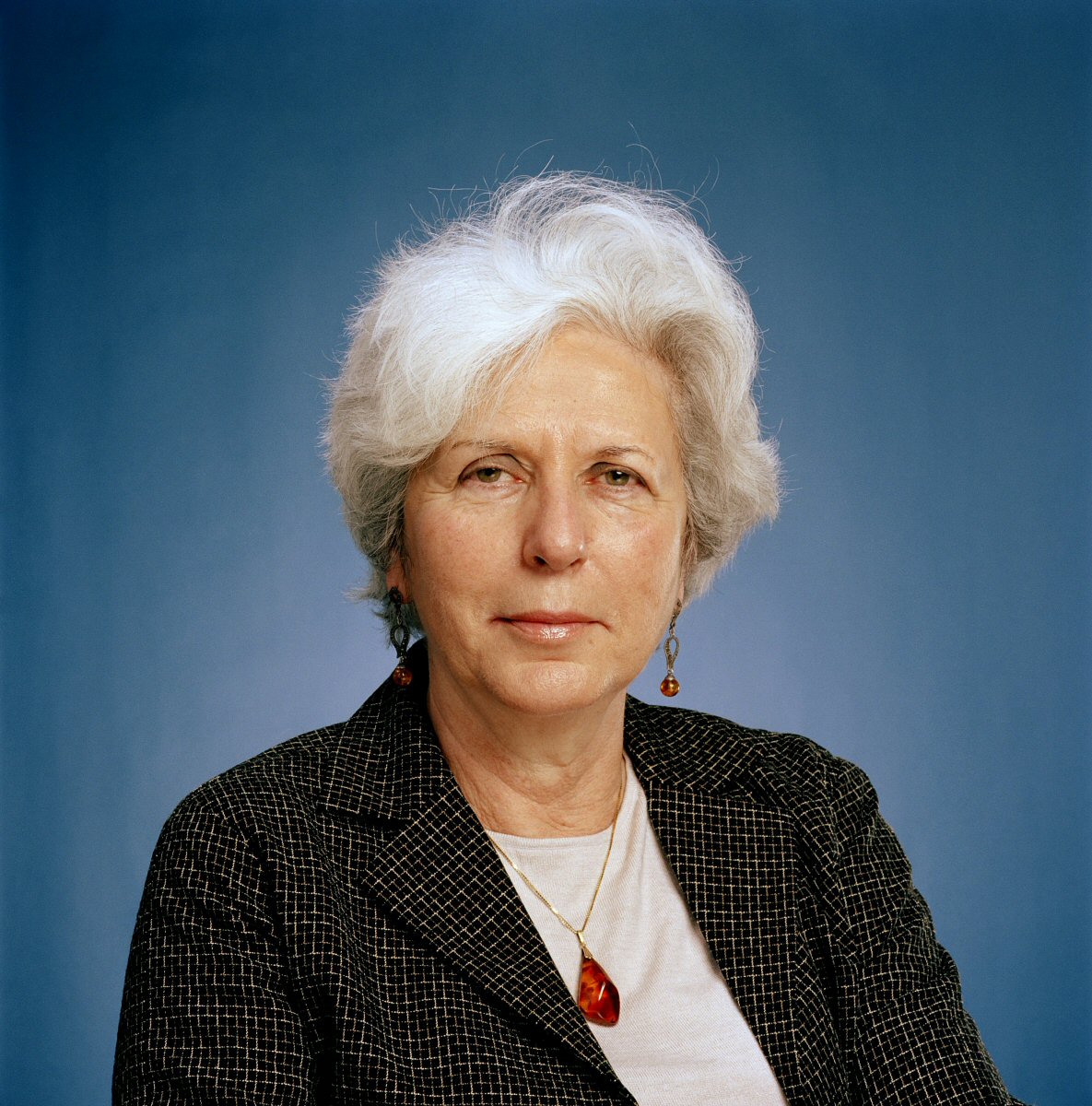
Former Senior Associate, Middle East Program
Before joining the Endowment, Ottaway carried out research in Africa and in the Middle East for many years and taught at the University of Addis Ababa, the University of Zambia, the American University in Cairo, and the University of the Witwatersrand in South Africa.
- Reactions to the Syrian National InitiativeArticle
- Slow Return to Normal Politics in EgyptArticle
Marina Ottaway
Recent Work
Carnegie does not take institutional positions on public policy issues; the views represented herein are those of the author(s) and do not necessarily reflect the views of Carnegie, its staff, or its trustees.
More Work from Carnegie Endowment for International Peace
- The Kremlin Is Destroying Its Own System of Coerced VotingCommentary
The use of technology to mobilize Russians to vote—a system tied to the relative material well-being of the electorate, its high dependence on the state, and a far-reaching system of digital control—is breaking down.
Andrey Pertsev
- Civil Society Restrictions in North Africa: The Impact on Climate-Focused Civil Society OrganizationsArticle
For climate-focused civil society in countries like Morocco, Algeria, and Tunisia to be most effective, organizations should work together to develop networks that extend their reach beyond their local area and connect across borders to share best practices and amplify each other’s work.
Sarah Yerkes
- When Football Is More Than FootballCommentary
The recent African Cup of Nations tournament in Morocco touched on issues that largely transcended the sport.
Issam Kayssi, Yasmine Zarhloule
- Russia in Africa: Examining Moscow’s Influence and Its LimitsResearch
As Moscow looks for opportunities to build inroads on the continent, governments in West and Southern Africa are identifying new ways to promote their goals—and facing new risks.
- +1
Nate Reynolds, ed., Frances Z. Brown, ed., Frederic Wehrey, ed., …
- Notes From Kyiv: Is Ukraine Preparing for Elections?Commentary
As discussions about settlement and elections move from speculation to preparation, Kyiv will have to manage not only the battlefield, but also the terms of political transition. The thaw will not resolve underlying tensions; it will only expose them more clearly.
Balázs Jarábik


